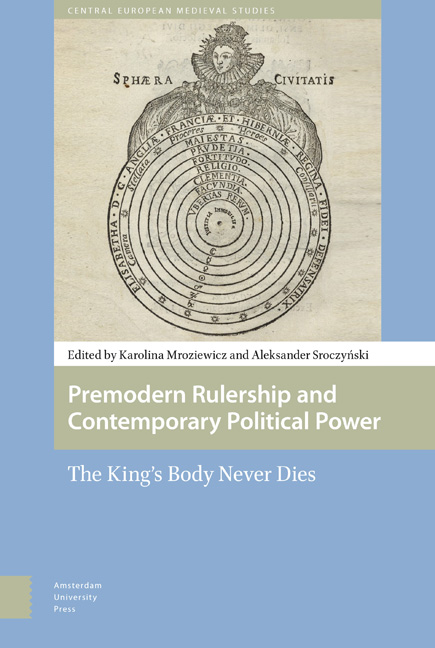‘International’ Christian Society and Its Political Theology in Thirteenth-Century Latin Christendom
Published online by Cambridge University Press: 24 December 2020
Summary
No merely human institution of today can be as successful in devising a set of international laws which will be in harmony with world conditions as the Middle Ages were in the possession of that true League of Nations, Christianity. It cannot be denied that in the Middle Ages this law was often violated; still it always existed as an ideal, according to which one might judge the acts of nations, and a beacon light calling those who had lost their way back to the safe road.
Pius XI, Encyclical Ubi Arcano Dei Consilio, 45, 23.12.1922This paper offers a cursory discussion of a particular historical manifestation of international society. It focuses primarily on identifying the most common members of this society, and on determining its predominant cultural-political discourse, in order to make sense of the course of international affairs in the thirteenth century. What follows is an attempt to suggest something about the nature of international society during this period. The geographical and chronological scope of this study must necessarily be limited to source materials produced throughout the thirteenth century in Latin Christendom; the political entities of Eastern Christianity and of the Muslim world, and their unique modes of bonding and interacting are not treated here. Rather, the goal of the present paper is to offer a few observations regarding the fundamental elements of international society in the thirteenth-century Latin West, and about the political and theological forces that governed the course and outcome of international conflict.
Before we put forth any arguments it is essential that we provide a detailed definition of the term ‘international society;’ it may become particularly confusing if the term is applied to the international Christian society of the thirteenth-century. The concept of ‘international society’ employed here is borrowed from the English School of International Relations (IR) theory; indeed it is one of its key terms. It may be explained as follows:
International society […], or sometimes states-system, or interstate society, or society of states, is about the institutionalization of mutual interest and identity among states and puts the creation and maintenance of shared norms, rules and institutions at the center of IR theory.
- Type
- Chapter
- Information
- Premodern Rulership and Contemporary Political PowerThe King's Body Never Dies, pp. 111 - 138Publisher: Amsterdam University PressPrint publication year: 2017



